Healthcare - Medical Diagnosis
Alleviate the uncertainties in medical diagnosis using AI/ML
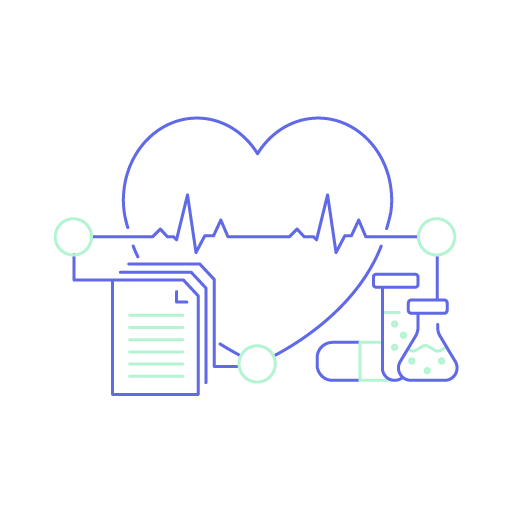
Diagnosis is a complex, patient-centered collaborative activity that involves information gathering, integration, and interpretation with clinical reasoning in determining patient problems. The information-gathering happens in multiple ways through clinical history and patient interview, physical examination, analysis of medical images, and consultation with specialists. The illness is identified with information from current symptoms, past medical history, family history, current medications, diet, lab reports, and medical imaging. The process does not always focus on achieving diagnostic certainty but tries to reduce the uncertainty involved. Here, the integration of AI into health infrastructure accelerates the identification of relevant medical data from multiple sources which are tailored to the needs of the patient and provide holistic diagnoses. Furthermore, AI generates results based on a larger population data rather than on subjective and personal experiences.
Computer Vision can analyze CT Scans, ECG, MRI images, and eye images using deep learning and neural networks to segment anatomical features and predict a larger number of patient conditions. Machine learning algorithms find correlations between patient data and disease occurrences, determining the most likely diseases in the population the patient belongs to. AI systems autonomously triage patients based on the symptoms for review by physicians.
Quantrium has developed a bionomics framework and has the expertise to build models using broad datasets, high-quality labeling, and cutting-edge deep learning algorithms to help medical experts diagnose illness. We're delighted to push this study to new horizons and show how AI might provide revolutionary and breakthrough diagnoses.
Use Cases
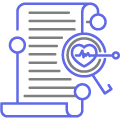
Intelligent Diagnostics
NLP-powered extraction of data from the patient’s current and past medical records, genetic factors, and clinical observations, AI-assisted detection and assessment of the severity of the disease.
Medical Knowledge Repository
Creation and update of a searchable repository of diagnostic and prognostic data, demographic and genetic classification, risk factors, treatment plans and their efficacy.
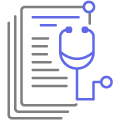
Rare Disease Diagnosis
Deep learning-based correlation of medical report data and physical features with specific syndrome descriptors.
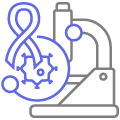
Oncology
ML models for the analysis of scan images for cancer cell detection, classification, segmentation, characterization, and metastasis studies.
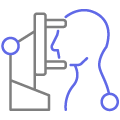
Opthalmology
Automated screening for refractive errors, ML-driven image analytics for early diagnosis of glaucoma, diabetic retinopathy, and other conditions.
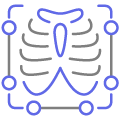
Radiology
Deep learning-assisted examination of radiology images and reports to detect areas of concern such as , the location and extent of tumors, fractures, and neurological abnormalities.







